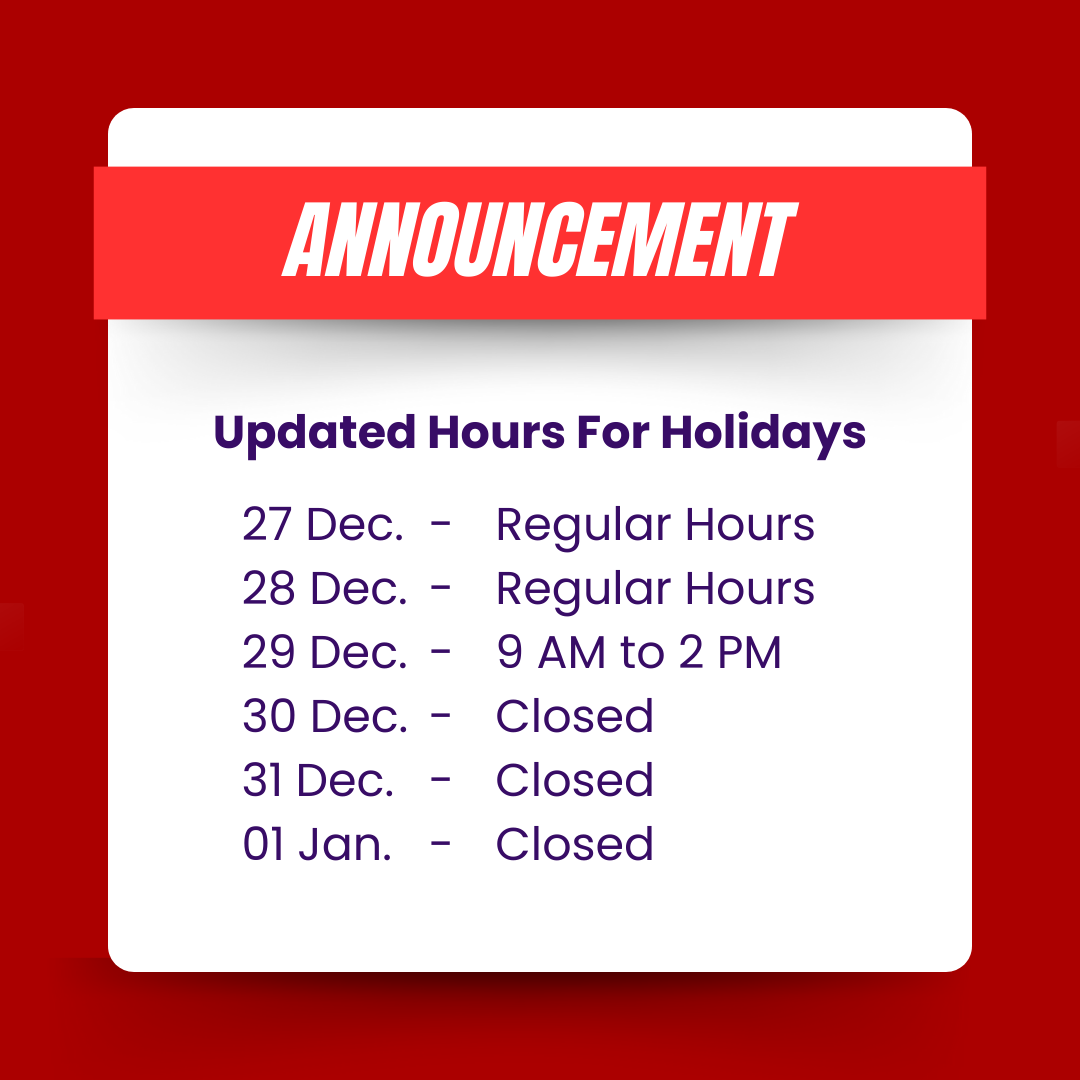Introduction:
Ecommerce businesses have become increasingly popular in recent years, thanks to the convenience of online shopping. However, running an ecommerce business also comes with unique risks and challenges, including cyber attacks, product liability issues, and business interruptions. That’s why it’s essential for ecommerce businesses to have insurance coverage to protect themselves from these risks. In this article, we’ll explore why ecommerce businesses need insurance and what types of coverage are available.
Why Do Ecommerce Businesses Need Insurance?
Ecommerce businesses face a variety of risks that traditional brick-and-mortar businesses do not. Some of the key risks that ecommerce businesses face include:
- Cyber Attacks: Online businesses are vulnerable to cyber attacks, including hacking, data breaches, and viruses. A cyber attack can compromise sensitive customer data and result in expensive lawsuits.
- Product Liability: Ecommerce businesses are responsible for the products they sell, and can be held liable for any injuries or damages that occur as a result of a defective product.
- Business Interruption: Ecommerce businesses rely on their websites to generate revenue. Any disruption to the website, whether due to a technical glitch or a natural disaster, can result in lost sales and revenue.
- Shipping and Delivery Issues: Shipping and delivery issues can result in lost or damaged products, which can be costly for ecommerce businesses.
What Types of Insurance Coverage Do Ecommerce Businesses Need?
There are several types of insurance coverage that ecommerce businesses may need to protect themselves from these risks, including:
- Cyber Insurance: Cyber insurance provides coverage for losses resulting from a cyber attack, including data breaches and other cyber crimes.
- Product Liability Insurance: Product liability insurance provides coverage for injuries or damages that occur as a result of a defective product especially if there are USA and/or world wide sales.
- Business Interruption Insurance: Business interruption insurance provides coverage for lost revenue and other expenses that occur as a result of a disruption to the business, such as a website outage.
- Shipping and Delivery Insurance: Shipping and delivery insurance provides coverage for lost or damaged products during the shipping process.
- General Liability Insurance: General liability insurance provides coverage for a variety of risks, including bodily injury, property damage, and personal injury.
Conclusion:
In conclusion, ecommerce businesses face a variety of risks that traditional businesses do not. It’s essential for these businesses to have insurance coverage to protect themselves from these risks. Cyber insurance, product liability insurance, business interruption insurance, shipping and delivery insurance, and general liability insurance are all important types of coverage for ecommerce businesses to consider. If you are running an ecommerce business, be sure to talk to your insurance provider to learn more about your options for coverage. By having the right insurance in place, you can protect your business and your customers, and have peace of mind knowing that you’re covered in the event of a loss.







